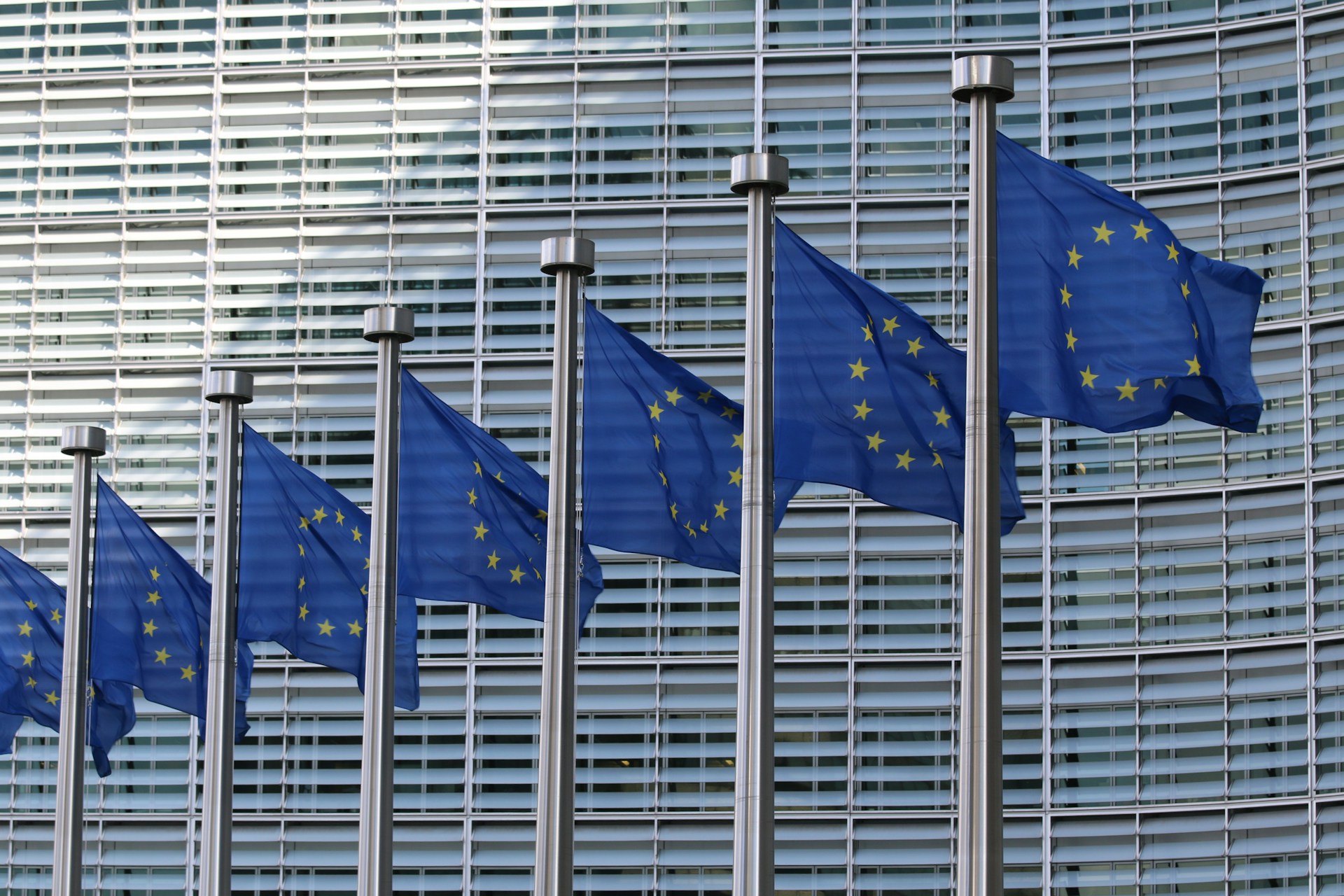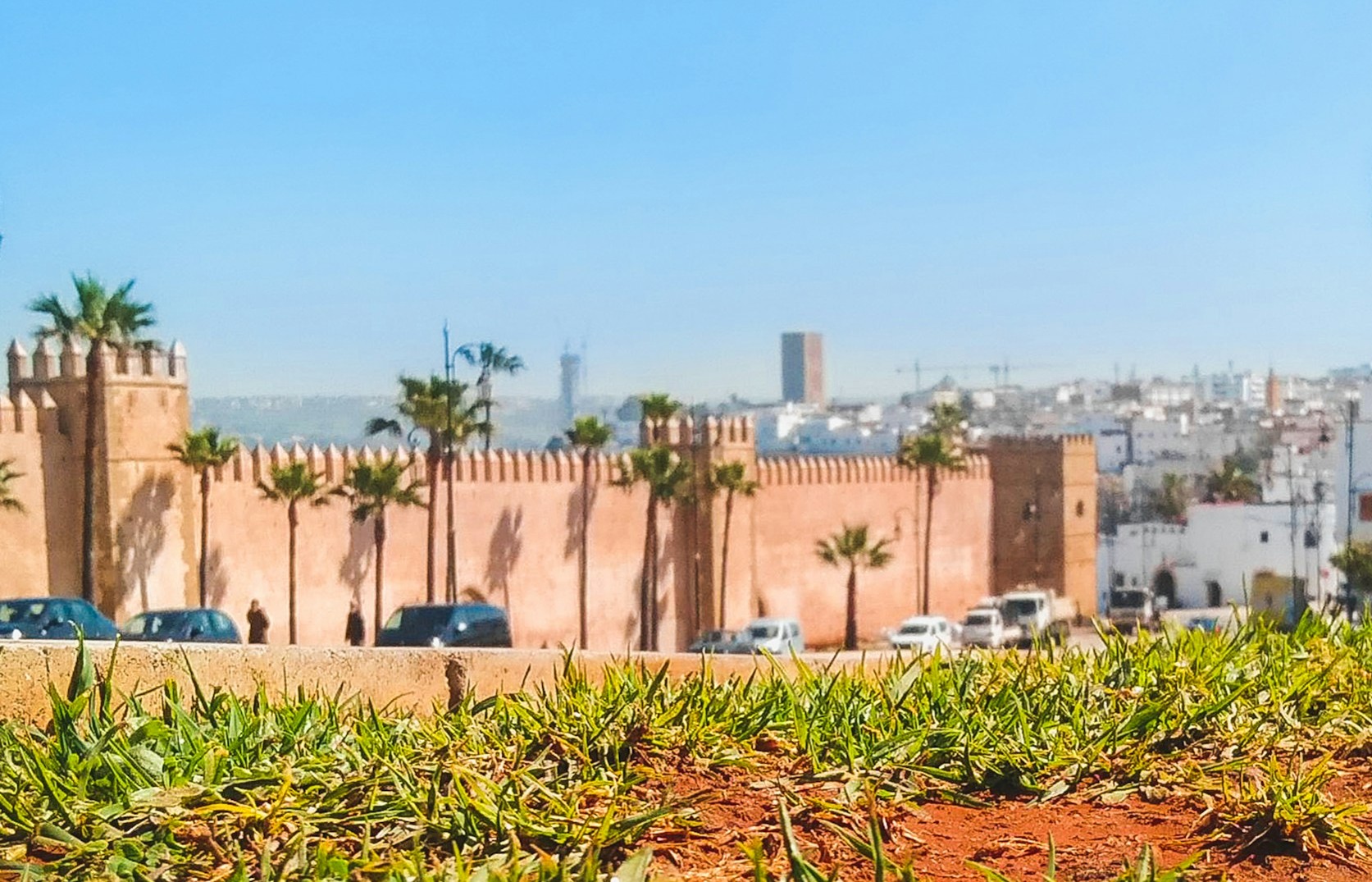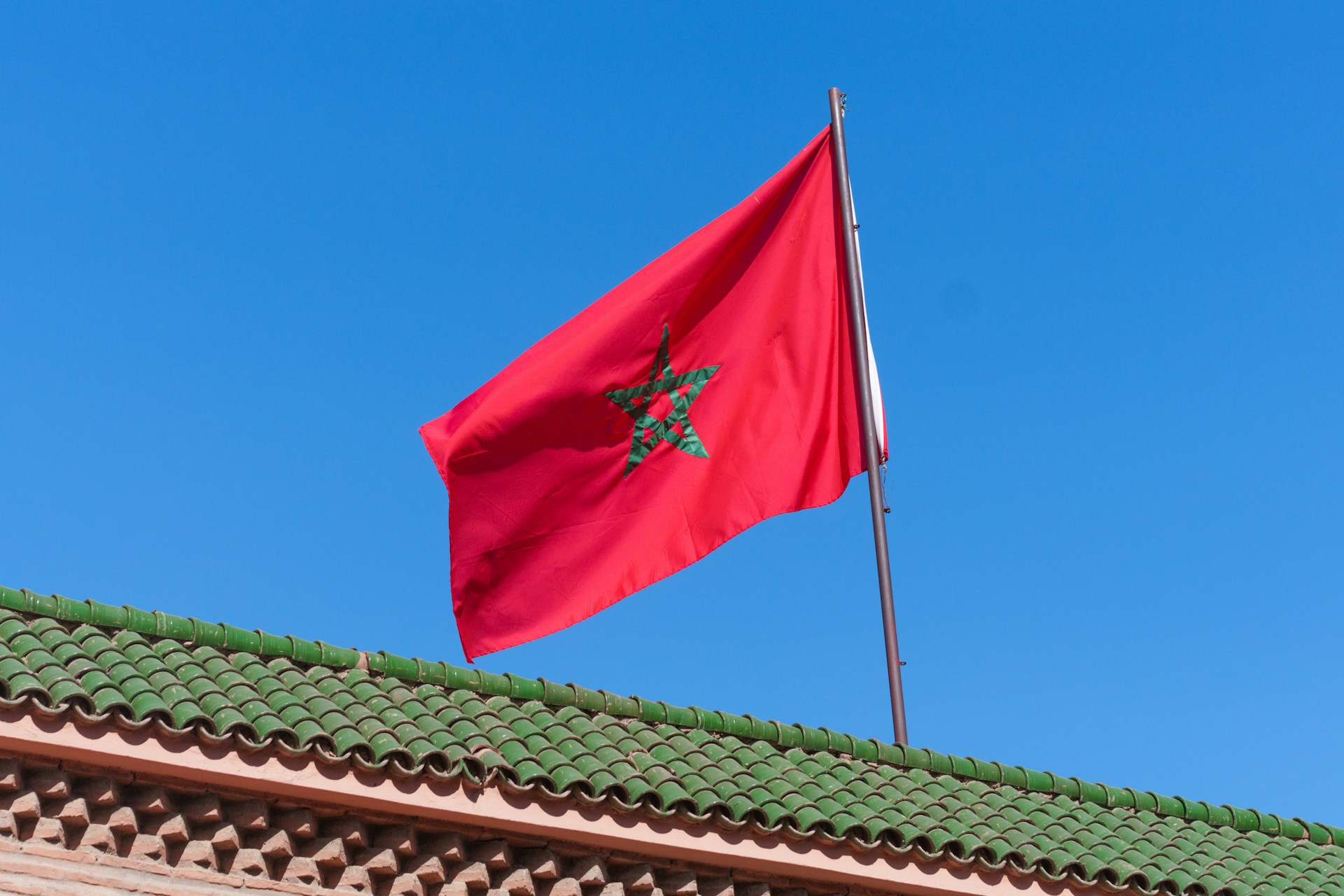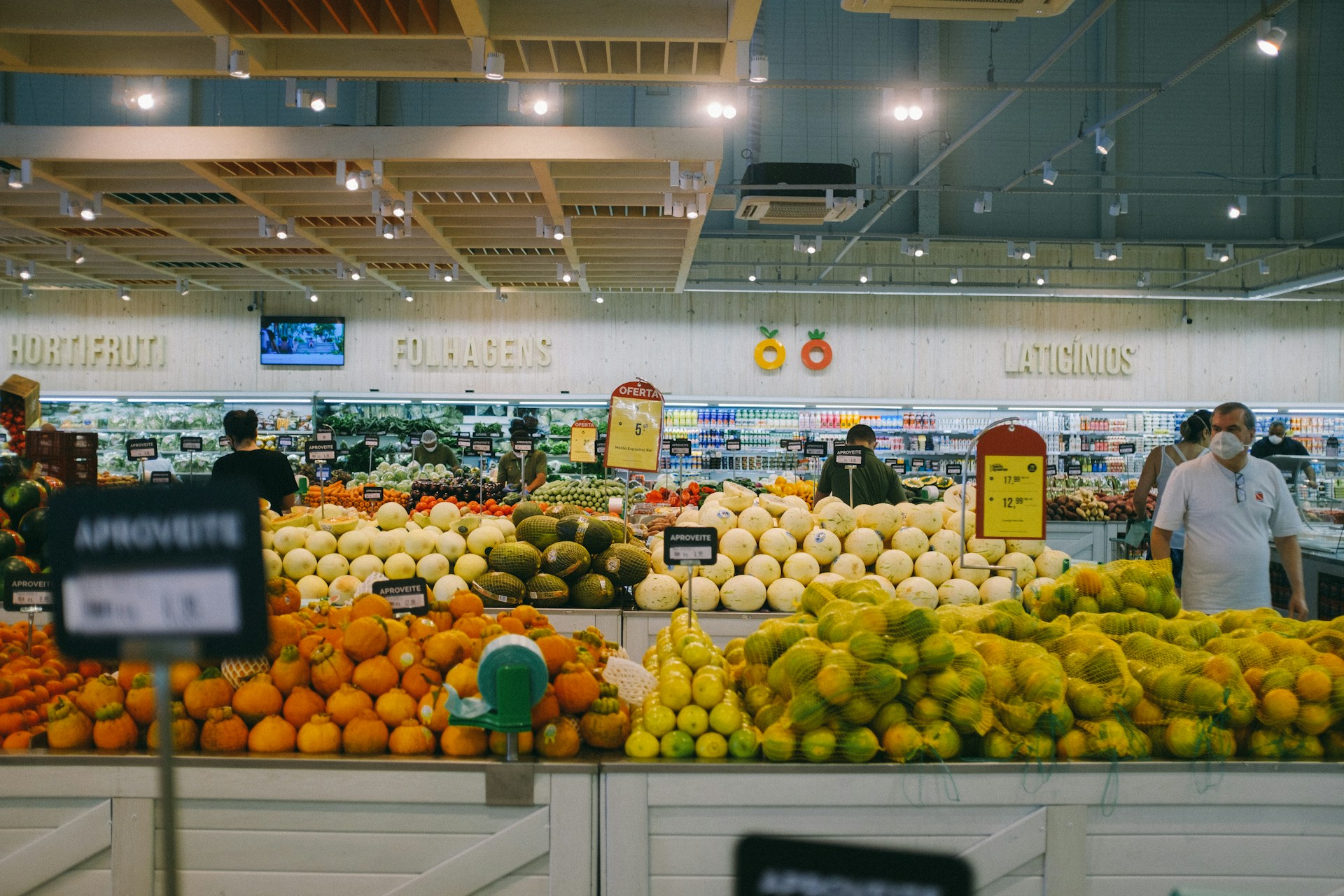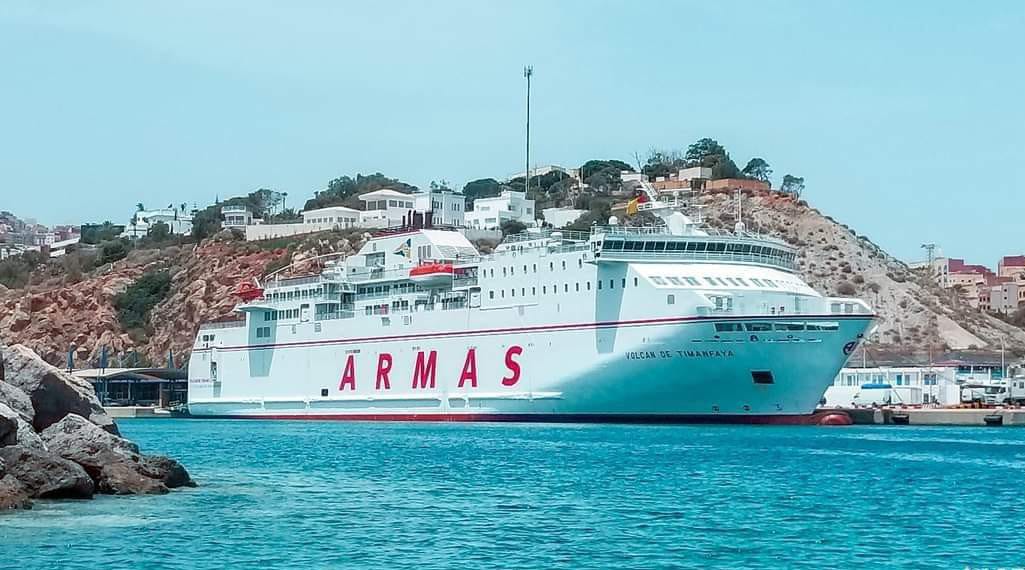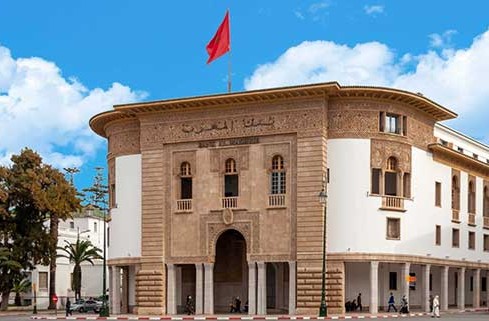Casablanca – In a strategic move to strengthen economic and trade ties, Morocco and the European Union (EU) officially signed an amendment to their agricultural agreement on October 3, 2025, at the European Commission headquarters in Brussels. The updated accord ensures that products from Morocco’s southern provinces, including Laâyoune-Sakia El Hamra and Dakhla-Oued Ed-Dahab, enjoy the same preferential access to the EU market as products from other regions of the Kingdom.
Extending preferential market access
The amended agreement builds on the Morocco–EU Association Agreement, a framework designed to promote economic integration, trade, and investment. By explicitly including the southern provinces, the EU guarantees that agricultural goods from these regions benefit from preferential tariffs, creating a level playing field across the entire country.
A key feature of the amendment is the requirement for clear labeling and proof of origin. Products from southern Morocco will now be marked to indicate their region of production, ensuring transparency for European consumers and strengthening regional branding.
Economic impact on southern Morocco
The extension of preferential market access is expected to generate significant economic benefits for Morocco’s southern provinces. Last year, the EU imported more than $630 million worth of seafood products from southern Morocco, including over 29,000 tons of octopus, 15,000 tons of sardines, more than 20,000 tons of squid, and over 3,000 tons of shrimp. These imports are crucial for European seafood processing sectors, which depend on a stable flow of raw materials to maintain production and ensure competitive prices for consumers.
The amended agreement is also projected to boost Morocco’s agricultural GDP, stimulate job creation, and encourage investment in the southern regions. By strengthening export opportunities, it reinforces the competitiveness of Moroccan products in the European market and supports regional development.
European commission endorsement
The European Commission welcomed the amendment, noting that it reinforces the long-standing partnership between Rabat and Brussels. The Commission highlighted that the agreement ensures continuity and legal certainty for economic operators while reflecting the “depth of friendship” and “solid, multidimensional cooperation” developed over years.
Discussions on the agreement will continue within the EU Council and European Parliament, further solidifying the framework for future trade and political collaboration between Morocco and the EU.
Strategic significance
This agreement represents more than just a trade measure; it is a strategic step toward a deeper, long-term partnership. By formally integrating southern Moroccan products into the EU’s preferential trade system, the accord not only promotes economic growth in underdeveloped regions but also strengthens Morocco’s role as a key economic partner in Africa and the Arab world.
As Morocco and the EU continue to expand their collaboration, the agreement lays the foundation for more ambitious initiatives in trade, investment, and sustainable development. It also demonstrates a shared commitment to legal certainty, inclusive growth, and mutually beneficial economic relations.
The signing of the amended agricultural agreement marks a milestone in Morocco–EU relations. By securing equal market access for southern provinces, the agreement drives regional development, supports sustainable trade, and enhances the competitiveness of Moroccan products abroad. With an estimated $630 million in seafood trade at stake and potential growth across other agricultural sectors, the agreement is poised to have a lasting impact on Morocco’s economy while reinforcing a strategic European partnership.






